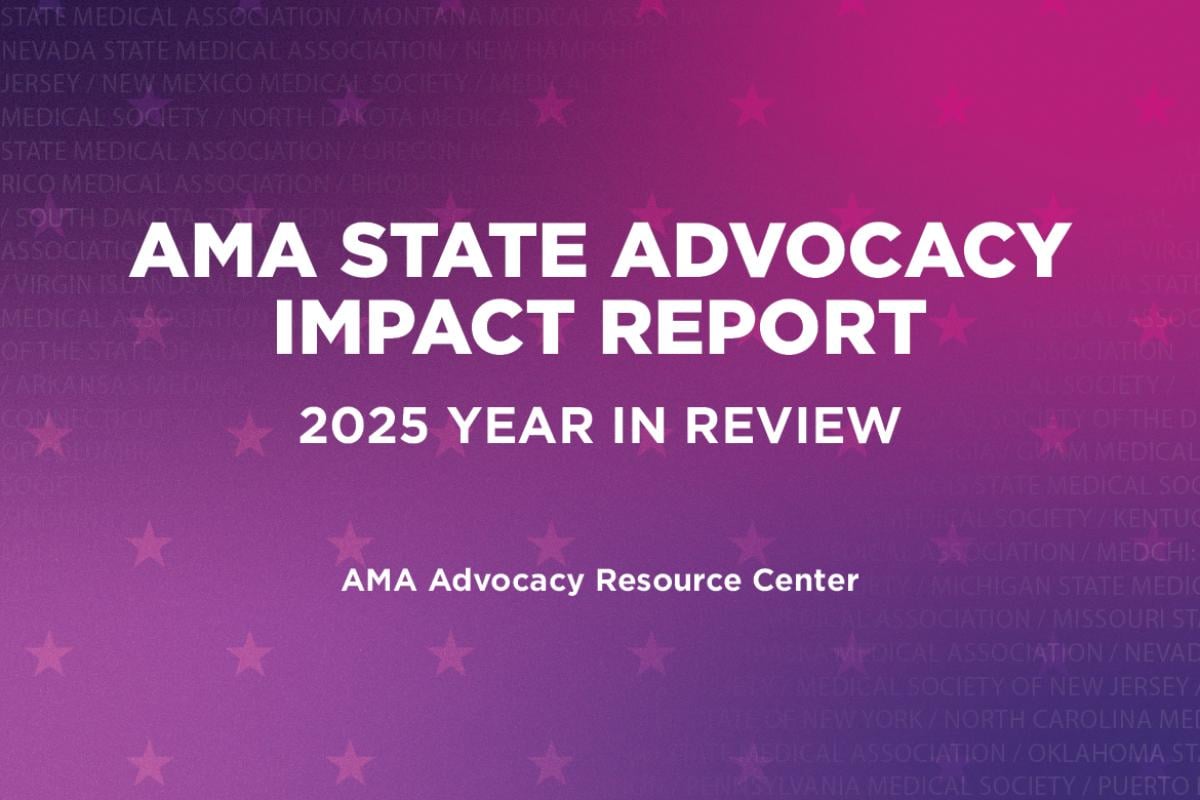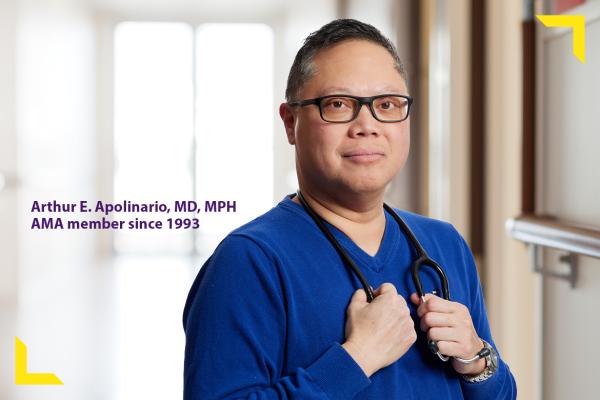Practicing physicians, residents and medical students alike can suffer from burnout. The AMA offers guidance and targeted solutions to support physician wellness, including personalized learning on best practices for preventing physician burnout, rediscovering joy in medicine, creating a culture of team-based care and improving efficiency in physician health care practices.
Practice Management
Physician Health
Practicing physicians, residents and medical students alike can suffer from burnout. The AMA offers guidance and targeted solutions to support physician wellness, including personalized learning on best practices for preventing physician burnout, rediscovering joy in medicine, creating a culture of ...Read More
Practicing physicians, residents and medical students alike can suffer from burnout. The AMA offers guidance and targeted solutions to support physician wellness, including personalized learning on best practices for preventing physician burnout, rediscovering joy in medicine, creating a culture of
AMA Members Start Here
Membership Moves Medicine™
Essential Physician Health Tools & Resources
Learn how the AMA is working to reduce physician burnout
Bullying in the health care workplace: A guide to prevention and mitigation
Subscribe to AMA Morning Rounds®
Promoting Physician Well-being CME
AMA members get exclusive access to a curated CME track which sets the stage to support physician well-being, build resilience and prioritize mental health in the workplace.
Membership Moves Medicine™
- Thousands of free CME opportunities to fulfill state requirements
- A powerful voice fighting for you during uncertain times
- Research, resources, events and more from the largest physician organization
FREIDA™, the AMA Residency and Fellowship Database®
Save, rank, take notes, download and compare programs.





